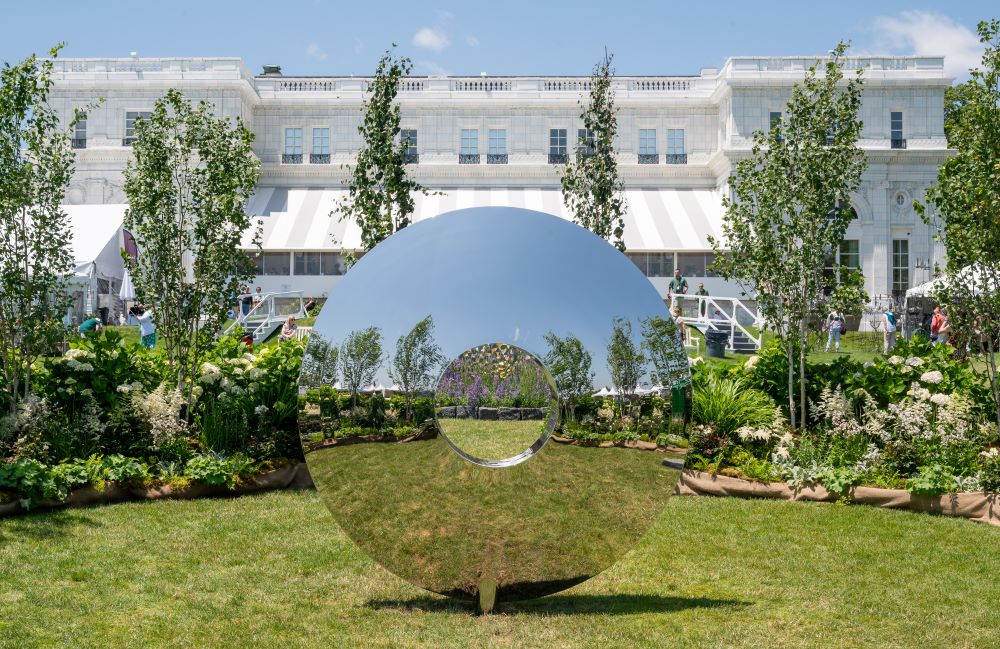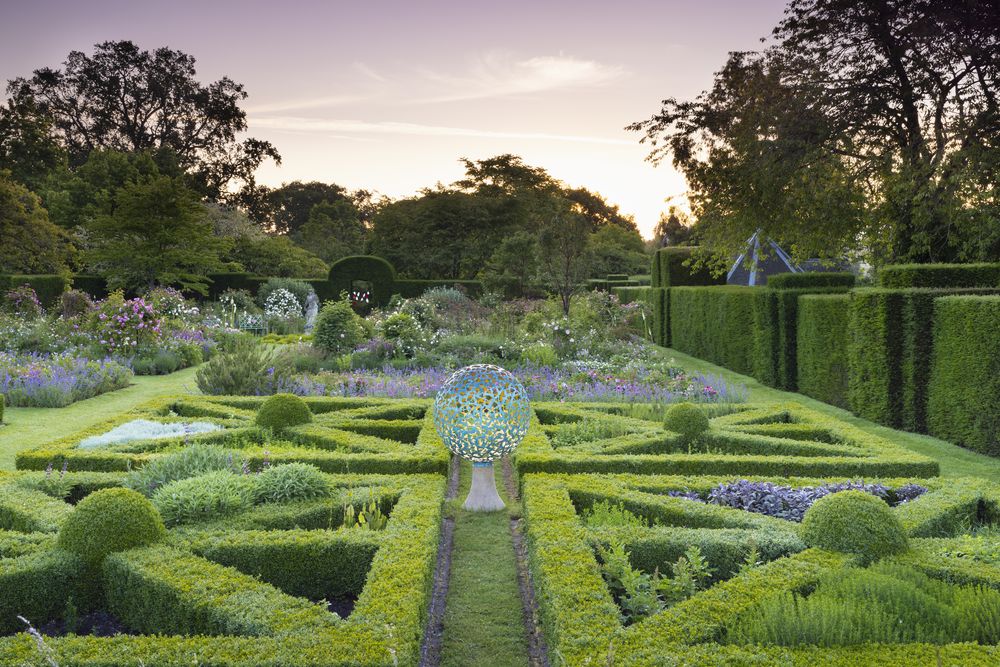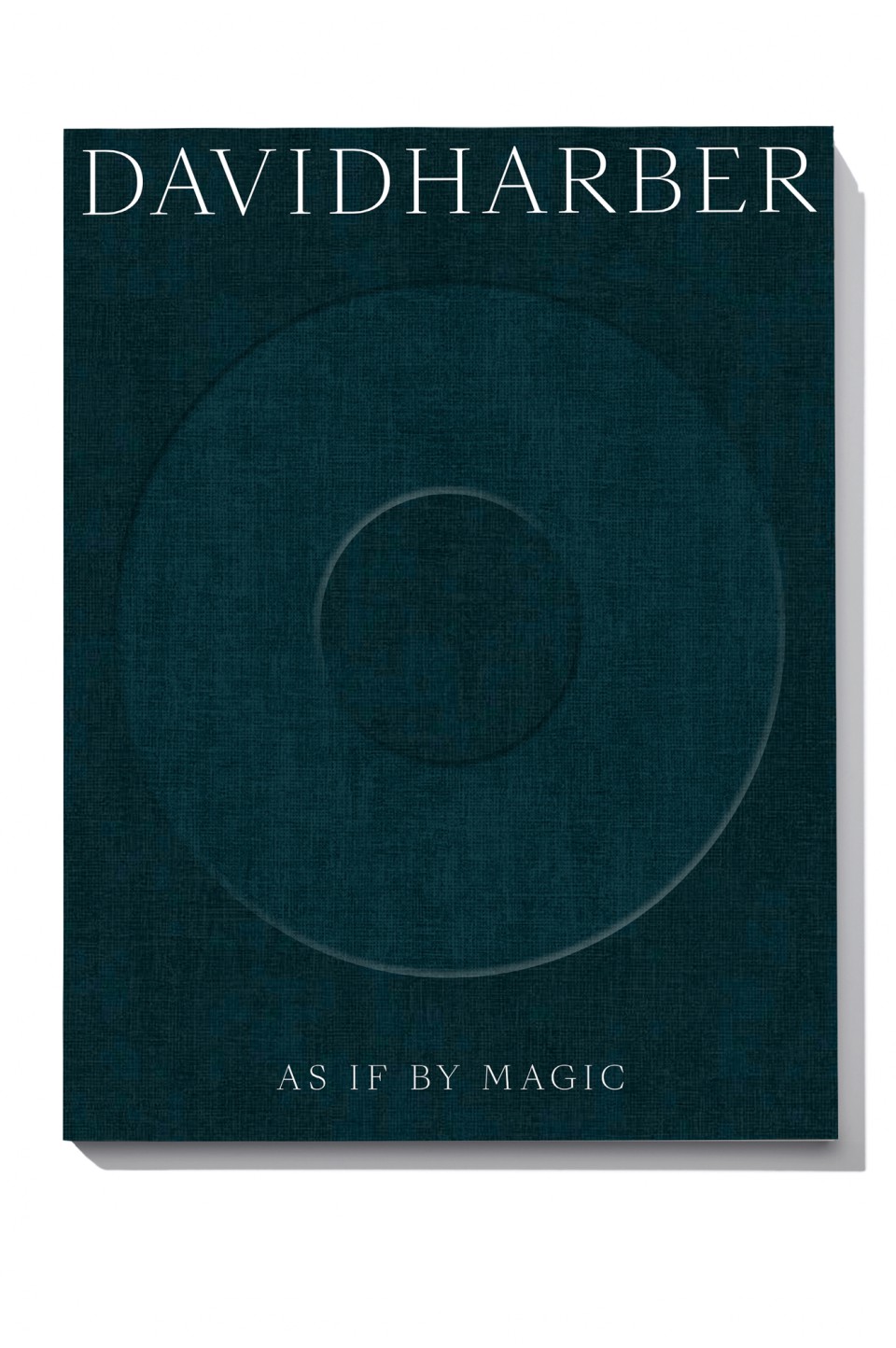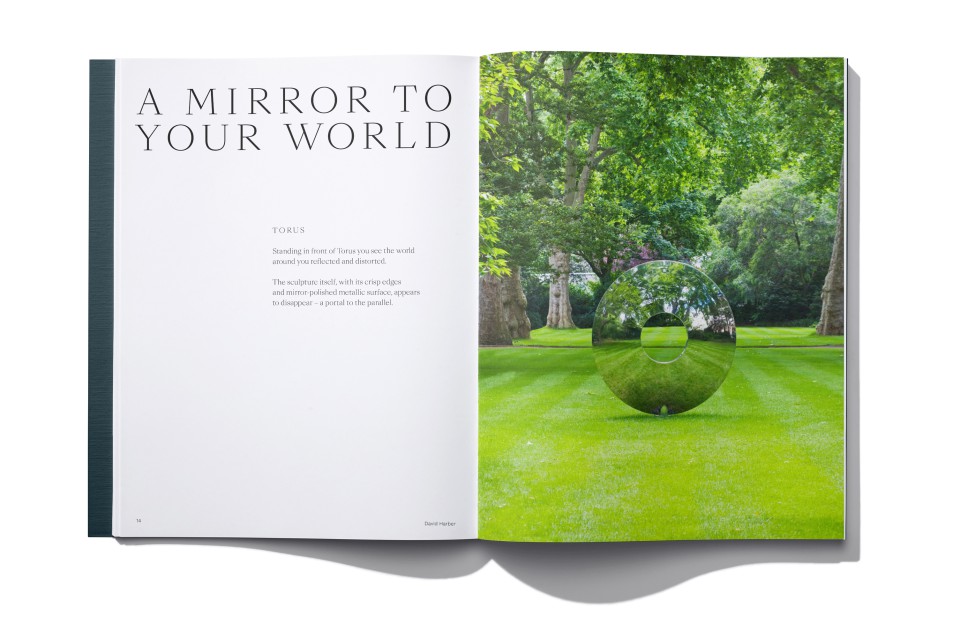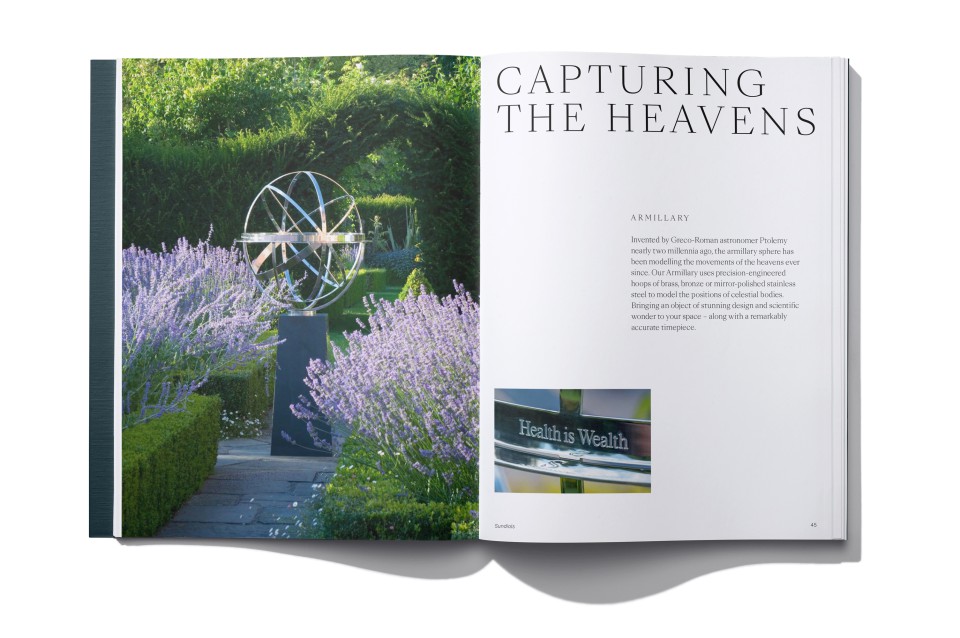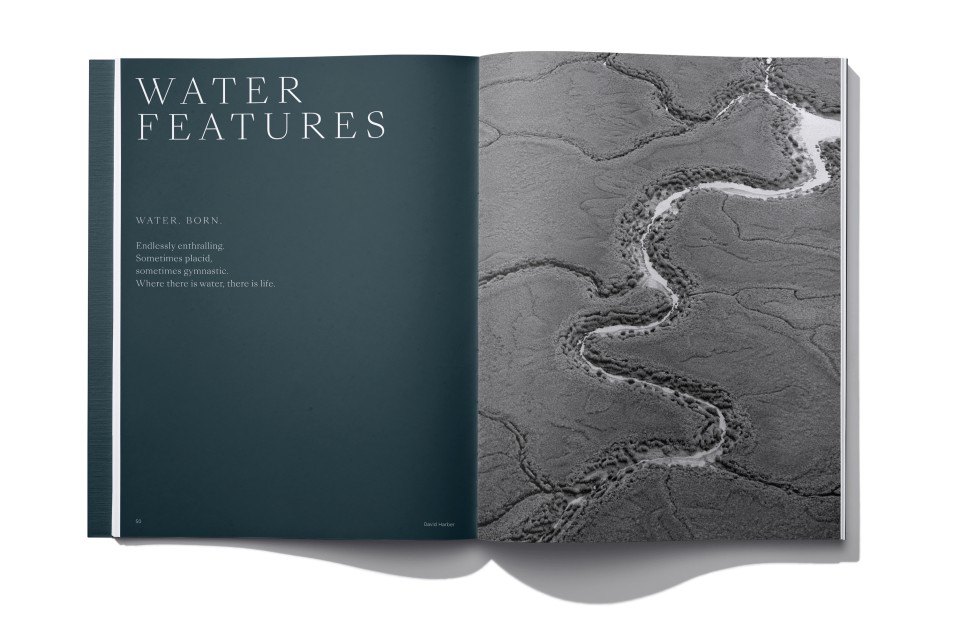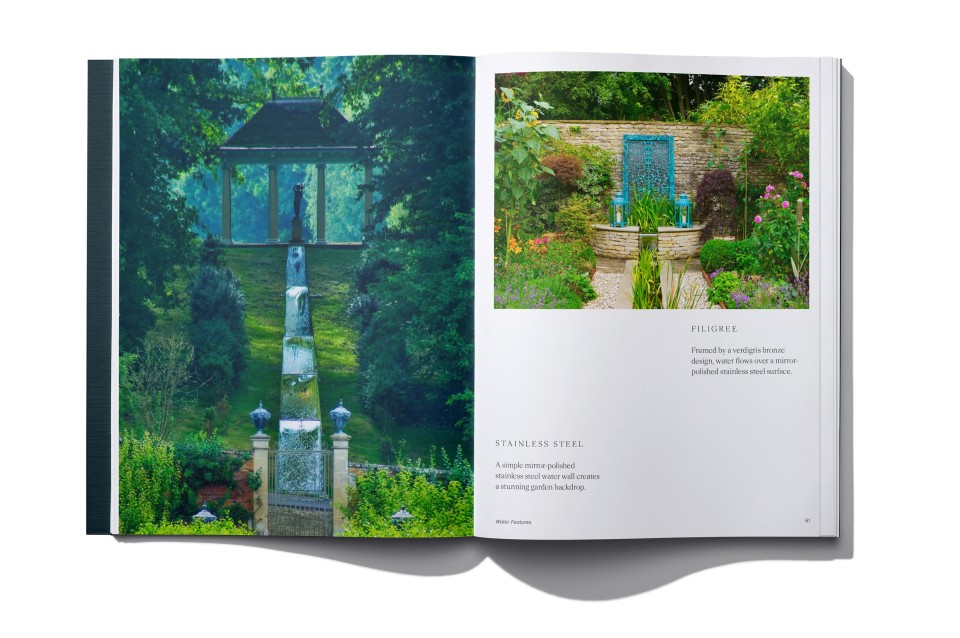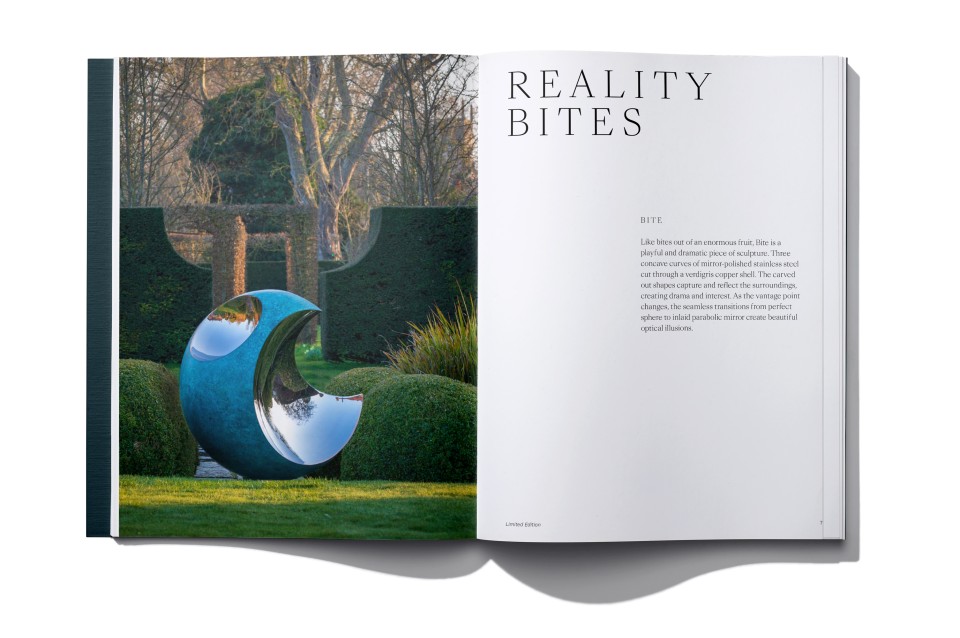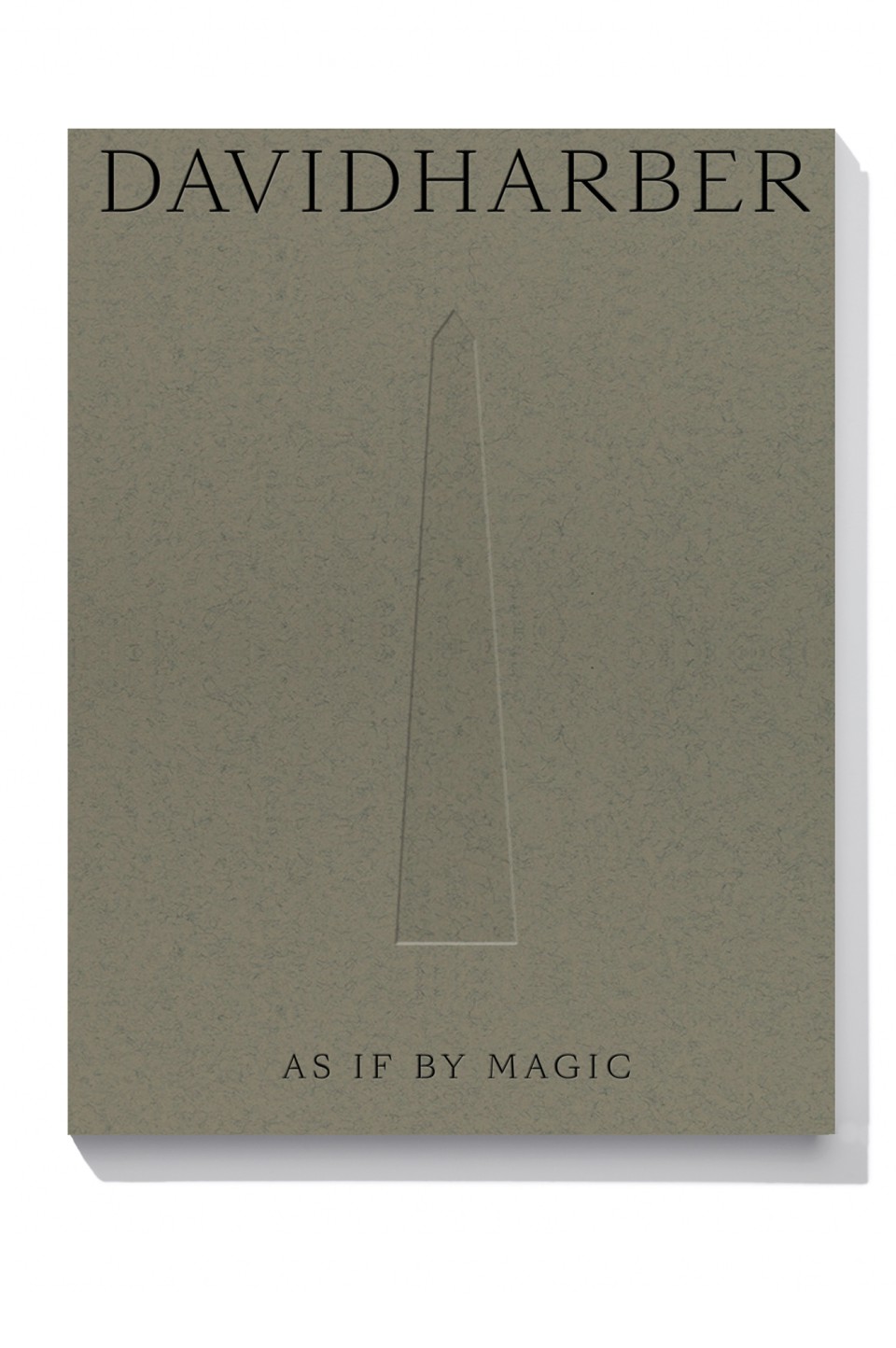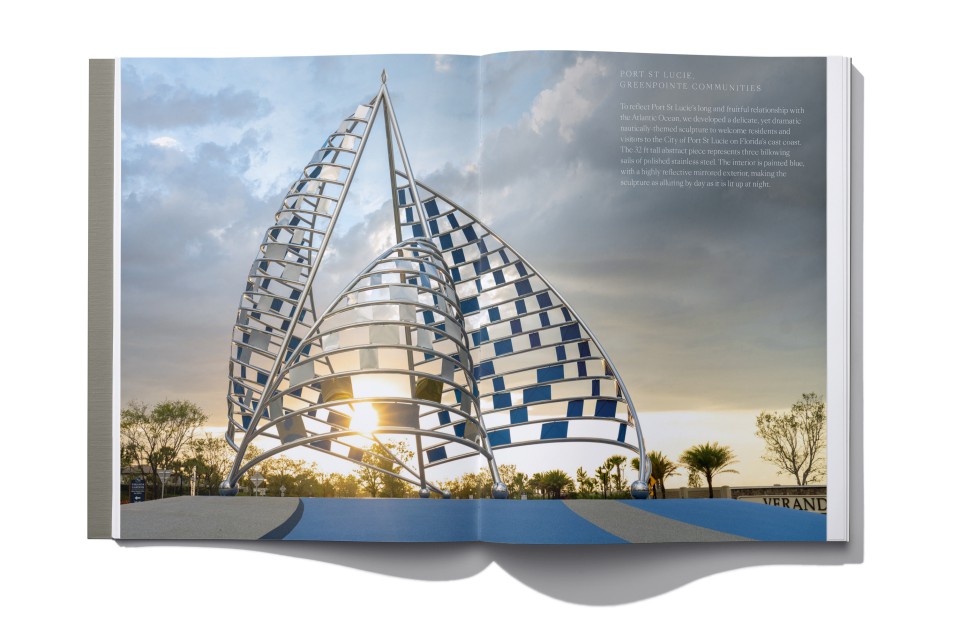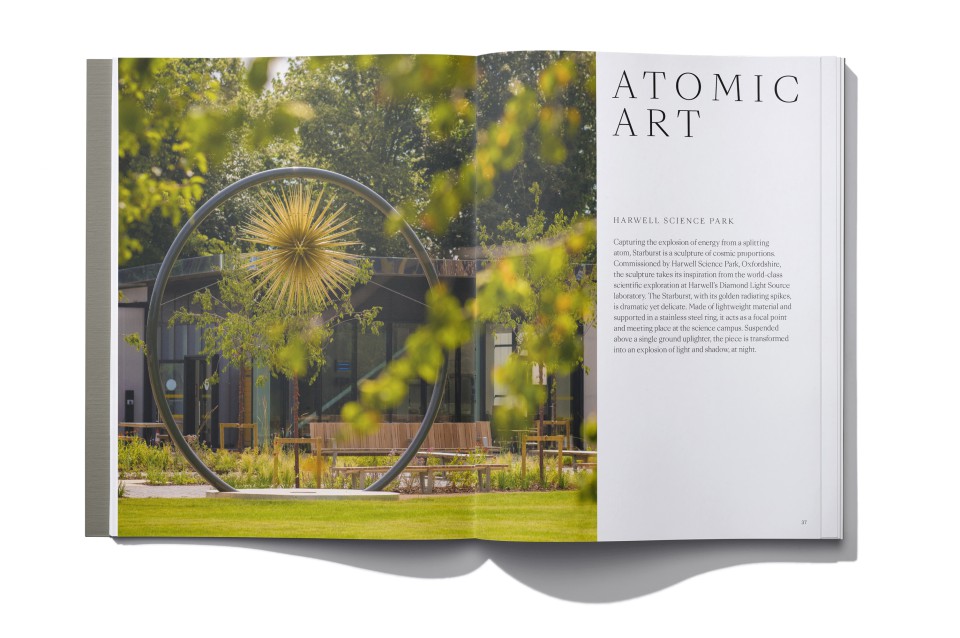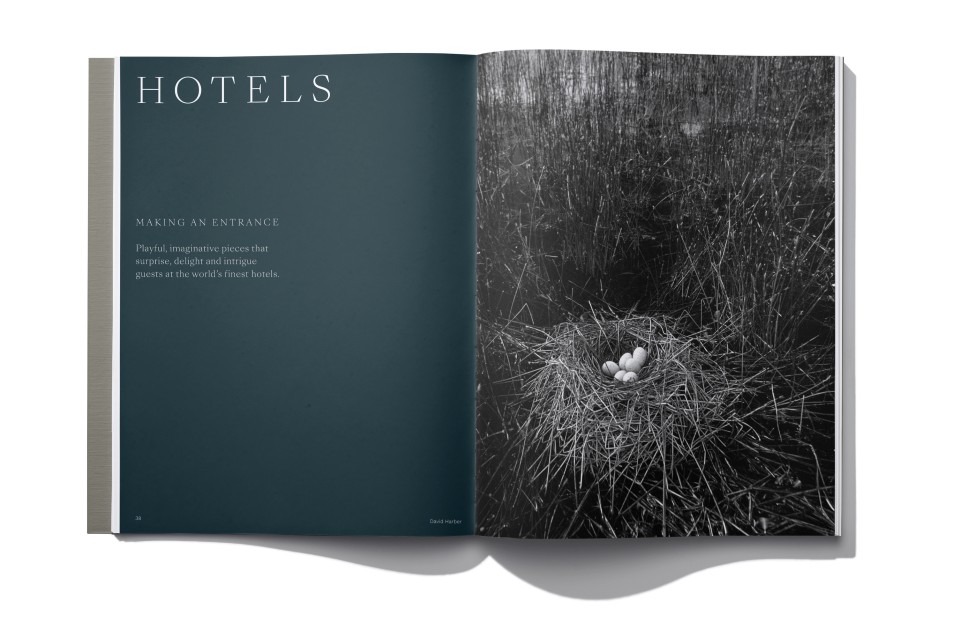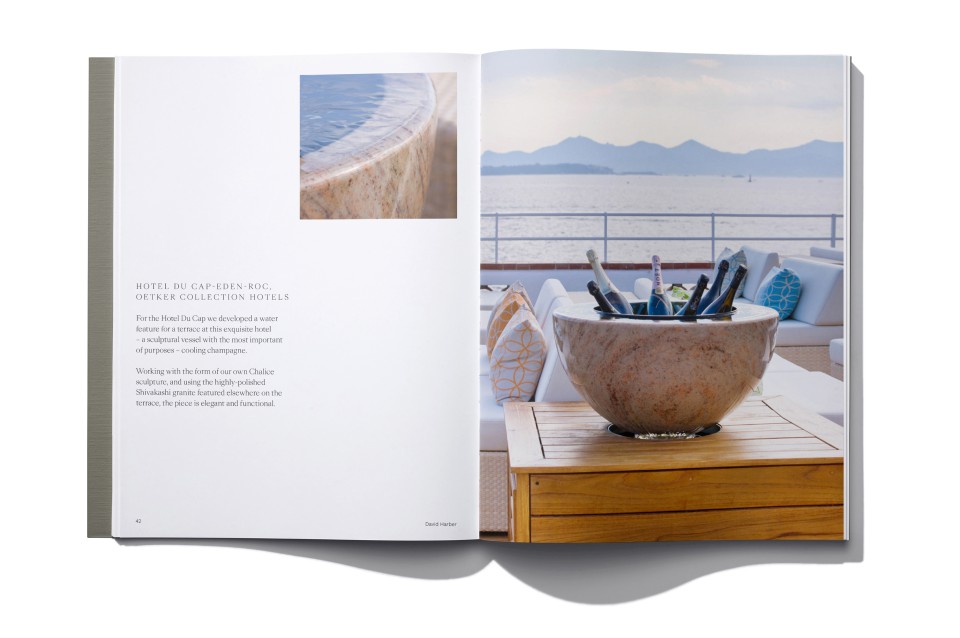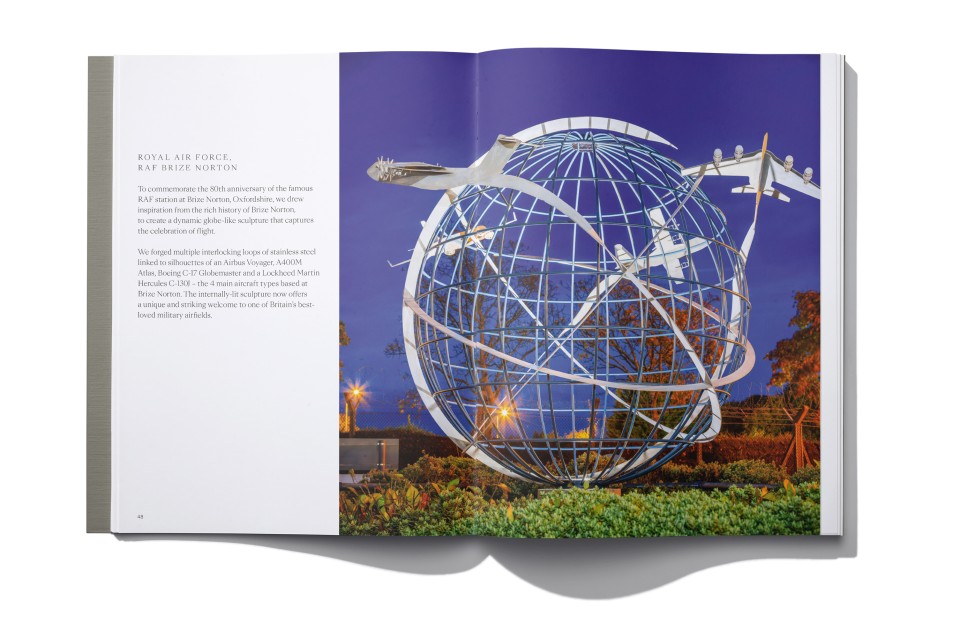Framing Perspectives: The Role Of Abstract Sculpture in Landscape Design
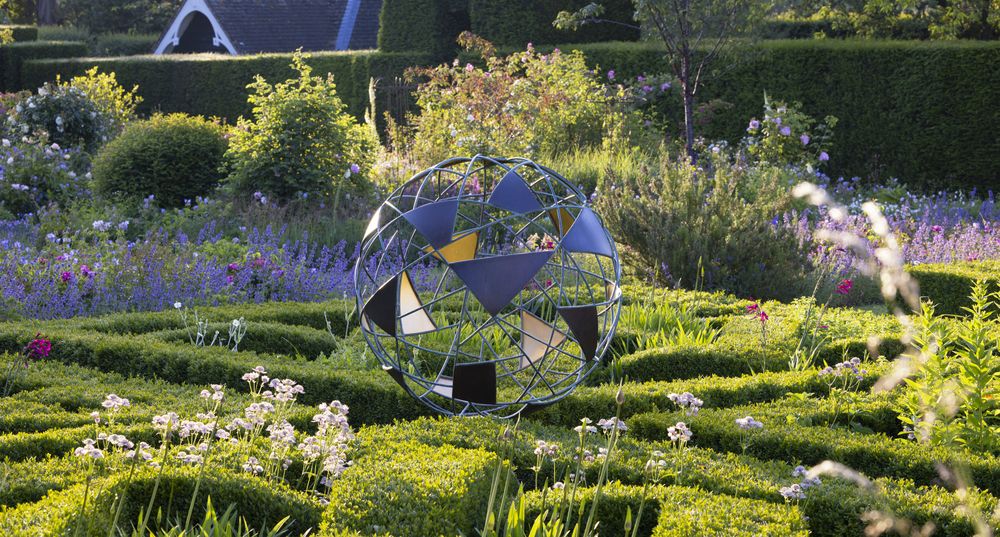
Abstract modern sculpture redefines spaces through artwork that focuses on form, material, and spatial relationships rather than realistic representation. Early 20th-century avant-garde movements such as Cubism and Surrealism inform the geometric shapes that characterize many modern abstract sculptures. With a growing desire to challenge traditional ideas of beauty and invite a deeper reflection on nature, abstract sculpture and conceptual art is an increasingly important feature of landscape design. These sculptural elements often act as focal points within outdoor environments, encouraging viewers to engage with their surroundings in new ways. Incorporating diverse materials, this contemporary art form blurs the boundaries between art, architecture, and environment. In doing so, abstract sculpture can offer immersive experiences that stimulate emotional, intellectual, and sensory responses, transforming green spaces into dynamic and interactive cultural landscapes.
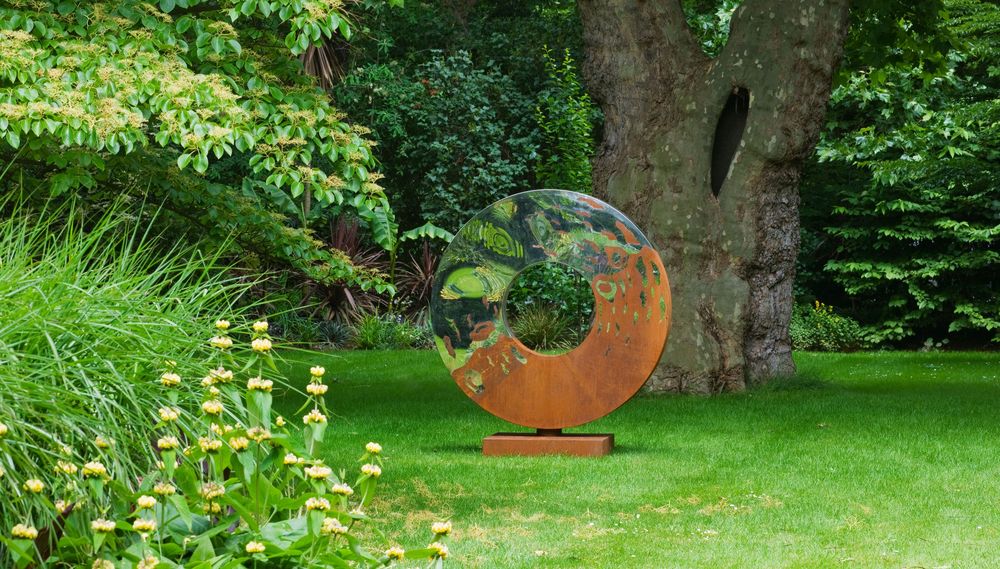
How can abstract art shape your outdoor space?
In nature, sculptural art defies the boundaries of garden decoration, becoming an essential part of the landscape narrative. The artistic expression endorsed by abstract contemporary sculpture is a critical storytelling device that shapes the way we experience and interact with our outdoor spaces. Whether it’s embedded into the landscape or a striking focal point, abstract forms encourage interpretation and emotional engagement, prompting visitors to pause, reflect, or move differently through a space. These artworks can evoke memory, provoke thought, or simply offer a moment of stillness within the natural world. Abstract sculpture cultivates a dialogue between art and nature, between the viewer and the landscape, transforming open spaces into experiential journeys that blend imagination, environment, and meaning.
How can abstract art shape your outdoor space?
In nature, sculptural art defies the boundaries of garden decoration, becoming an essential part of the landscape narrative. The artistic expression endorsed by abstract contemporary sculpture is a critical storytelling device that shapes the way we experience and interact with our outdoor spaces. Whether it’s embedded into the landscape or a striking focal point, abstract forms encourage interpretation and emotional engagement, prompting visitors to pause, reflect, or move differently through a space. These artworks can evoke memory, provoke thought, or simply offer a moment of stillness within the natural world. Abstract sculpture cultivates a dialogue between art and nature, between the viewer and the landscape, transforming open spaces into experiential journeys that blend imagination, environment, and meaning.
How can you create dialogue between art and the environment?
Sculptural modern art becomes a mediator between the natural environment and the interpretation of the viewer. Sculptural artworks can frame views or vistas, anchor open spaces and echo or contrast natural forms. Effective modern abstract sculptures embellish their surroundings, like jewelry for the garden. A visual and spatial language that compliments planting and topography, transforming the landscape into an immersive, multisensory experience. These artworks, more than just the eye, invite movement, contemplation, and interaction. The play of light, shadow, texture, and scale all contribute to a dynamic relationship between the sculpture and its setting, evolving through seasons and shifting perspectives. In this way, abstract sculpture serves as an artistic and environmental catalyst – shaping how space is felt and understood, and reinforcing the emotional and aesthetic rhythms of the natural world.
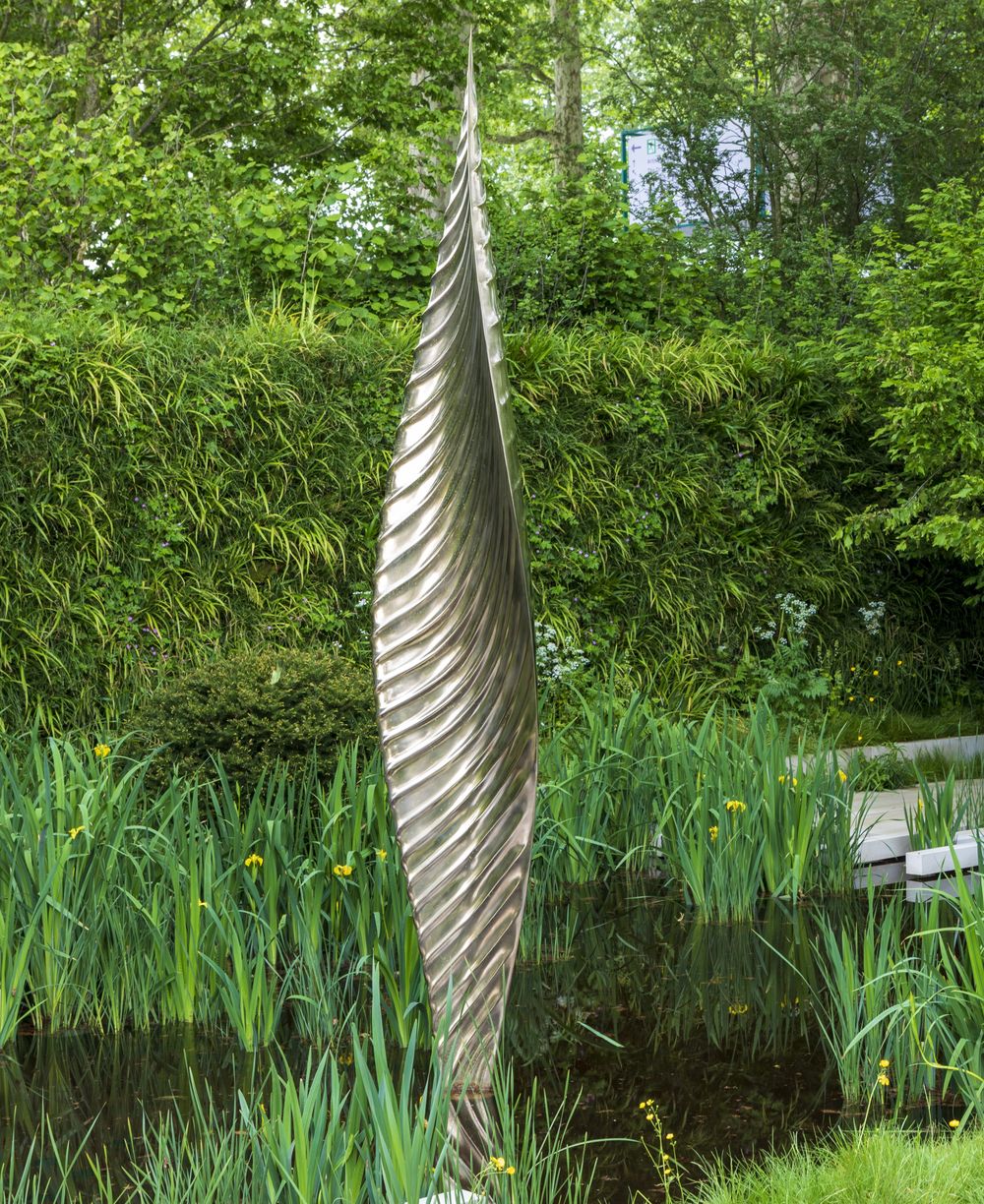
What materials are good choices for contemporary abstract sculpture?
Materiality can be a key defining factor for your contemporary sculpture, guiding how the artwork relates to its surroundings. The choice of material not only influences the sculpture’s aesthetic and tactile qualities but also its longevity, environmental impact, and interaction with light and the elements. Contemporary artists may consider acrylic due to its versatility and broad range of color and finish options, allowing for bold, luminous pieces that can stand out or harmonize with planting schemes. However, acrylic can pose environmental challenges, particularly for temporary art installations, due to its non-biodegradable nature and potential issues with long-term exposure to weathering.
Metal sculpture can be an effective and durable choice, offering structural integrity and the ability to support both delicate and sizable forms. Metals cater to a multitude of styles and effects, ranging from the clean lines of modern minimalism to the dynamic forms of abstract expressionism. Stainless steel sculpture, with its polished finish, can serve as a striking contemporary focal point, reflecting its environment and shifting visually throughout the day. For a more classical or weathered look, brass and bronze sculptures offer rich patinas that deepen with age, adding historical resonance and warmth to outdoor spaces.
Emerging trends also see artists experimenting with mixed media and sustainable materials, such as reclaimed wood sculpture, stonework, or biodegradable materials, creating sculptures that not only integrate visually with the landscape but also speak to broader ecological themes. Ultimately, the chosen material should align with the conceptual intent of the artwork, the environmental conditions of the site, and the desired dialogue between art and nature.
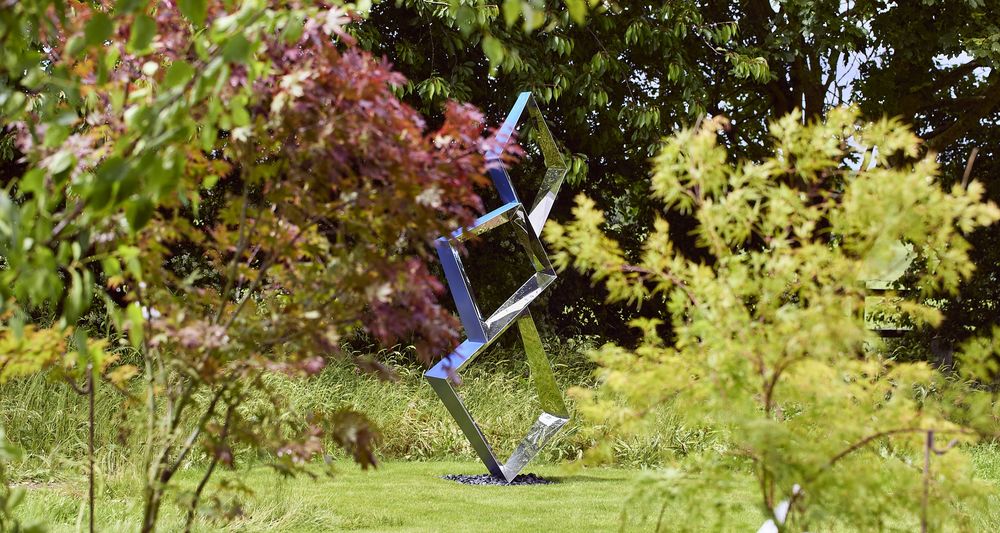
How do contemporary abstract sculptors incorporate new materials?
Contemporary sculpture artists often incorporate new materials into their work by experimenting with innovative mixed-media, or even found objects, that expand the visual and tactile possibilities of modern art sculpture. This includes exploring materials like acrylics, resins, and plastics, which allow for vibrant colors, translucency, and fluid forms that were previously difficult to achieve. Artists also embrace traditional materials such as stainless steel, aluminum, and Corten steel, or even ceramic sculpture, valued for their ability to interact dynamically with light and environment over time.
How is the modern world influencing contemporary abstract sculpture?
The modern world is profoundly shaping contemporary abstract sculpture, not only through materials and techniques but also by redefining its purpose, context, and the viewer’s role. Society continually addressed issues of environmental degradation, digital overexposure, and shifting cultural identities, through fine art. Biomorphic abstract sculpture, figurative sculpture and geometric sculpture has become a valuable medium to reflect and critique these transformations.
Sustainability has emerged as both a practical and philosophical concern. Artists increasingly use repurposed materials to minimize ecological impact and embed commentary on consumerism and waste into their work. These materials, imbued with their own histories, lend large-scale abstract forms a narrative that transforms visual abstraction into environmental activism.
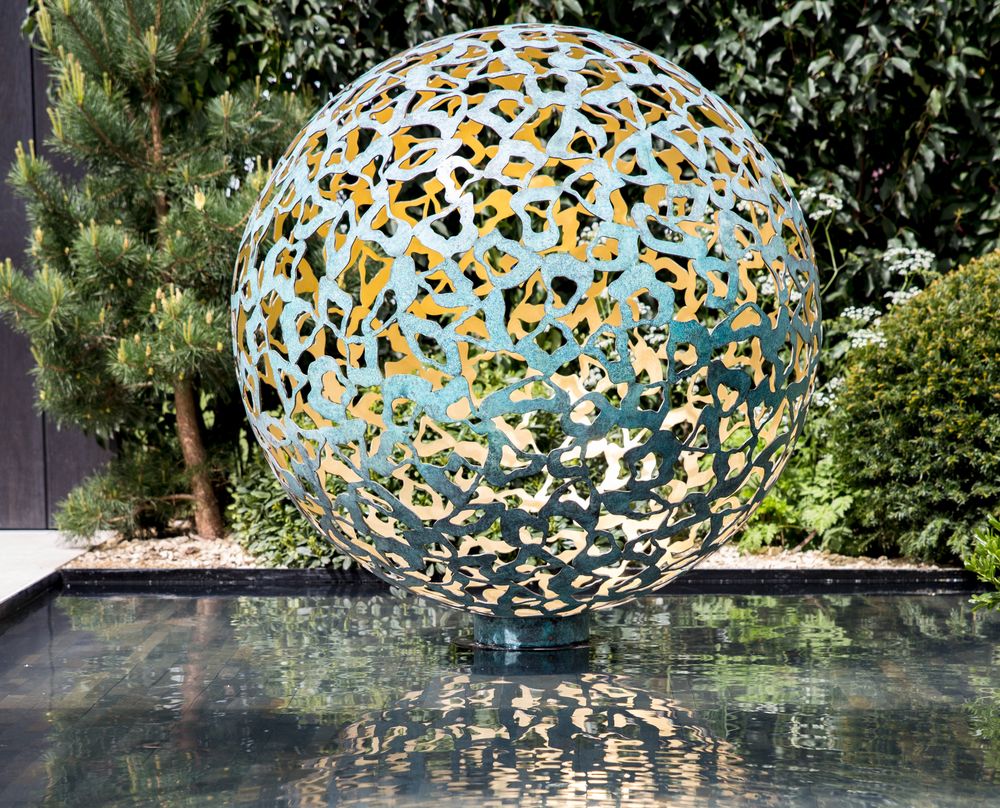
David Harber’s Abstract Sculptures
Nature and the environment has long been David Harber’s biggest source of inspiration. Weaving the organic textures of the landscape into our designs is central to our process. Creating abstract contemporary artwork that carries a timelessness in its ability to strengthen connections to its surroundings. Here are a few of our iconic abstract sculptures, crafted from our Oxfordshire workshop in the United Kingdom.
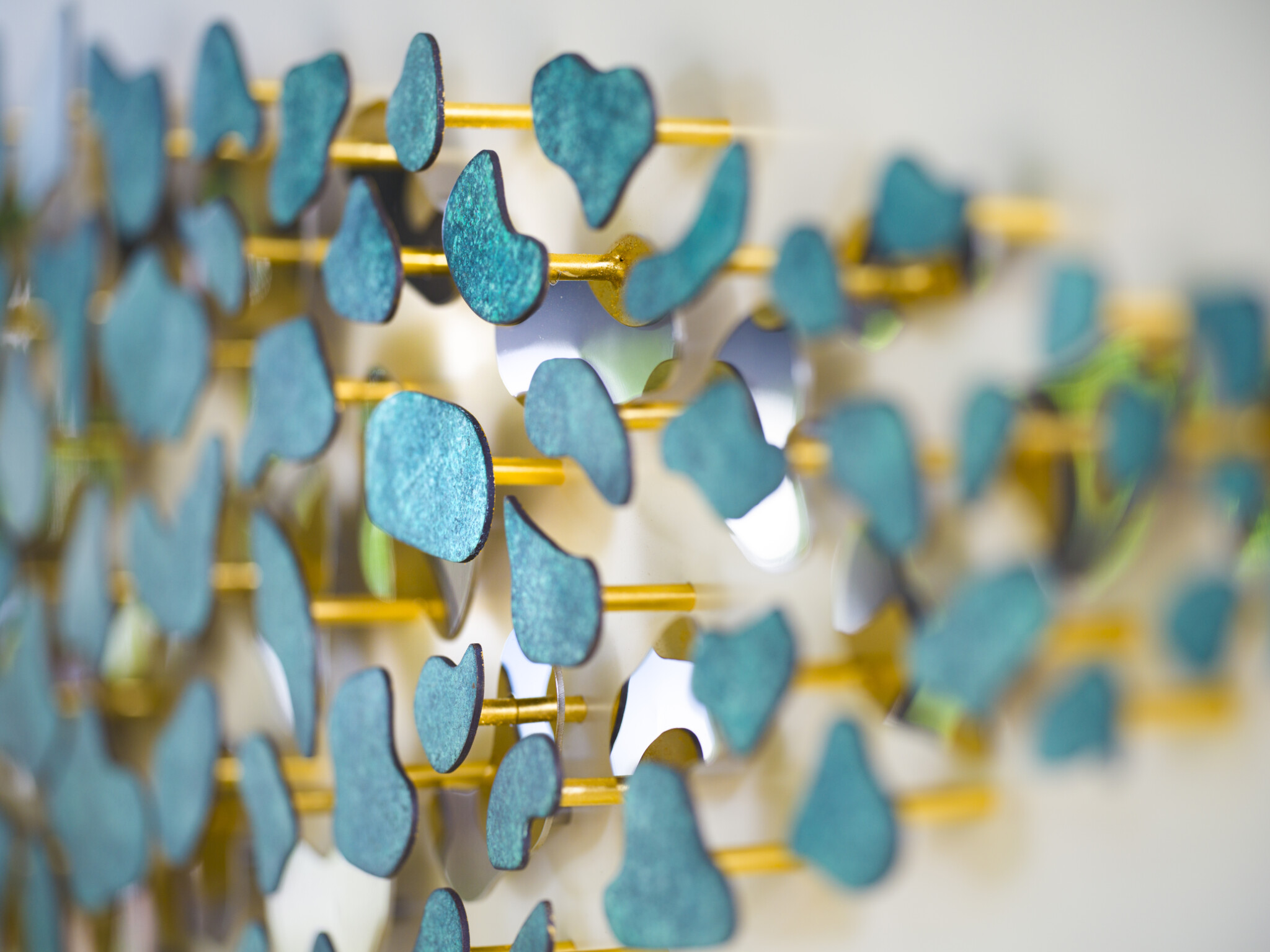
Terra
This wall sculpture is inspired by the beauty of repeating patterns in nature. Terra is a unique piece of wall art crafted from over 100 individual pieces, their soft edges reminiscent of petals, leaves, and pebbles. The reflective quality of mirror-polished stainless steel creates the illusion of layered verdigris bronze and gold to create a tactile statement.
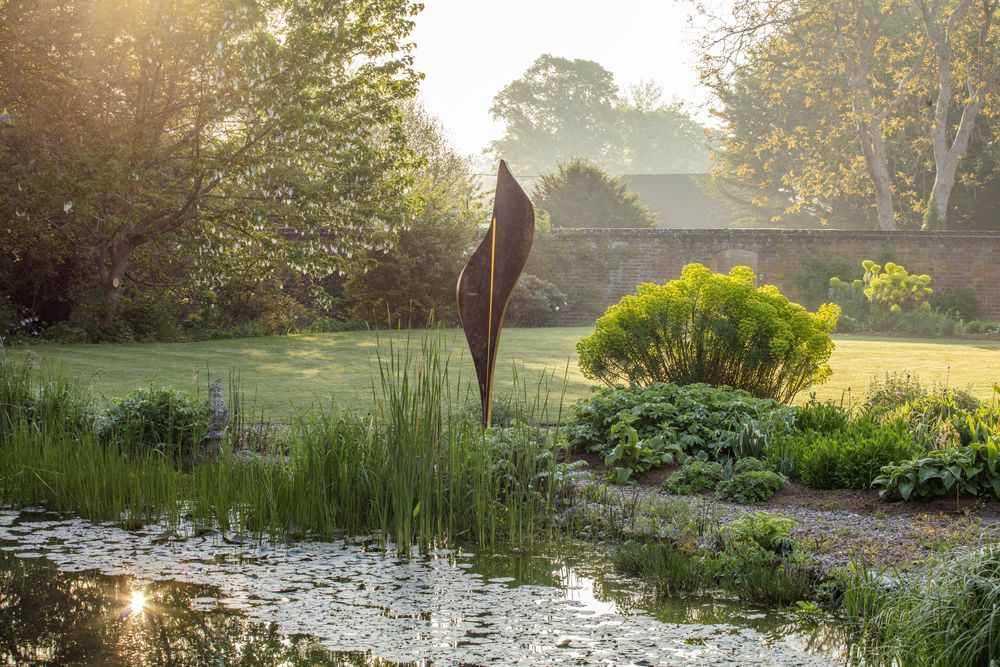
Flo
Where classic meets contemporary, FLO offers a refined aesthetic that complements any garden, elevating the surrounding space into a realm of beauty and inspiration. This limited edition artwork invites playful interaction, due to its formed bronze material that shapes FLO into a fluid, graceful art form.
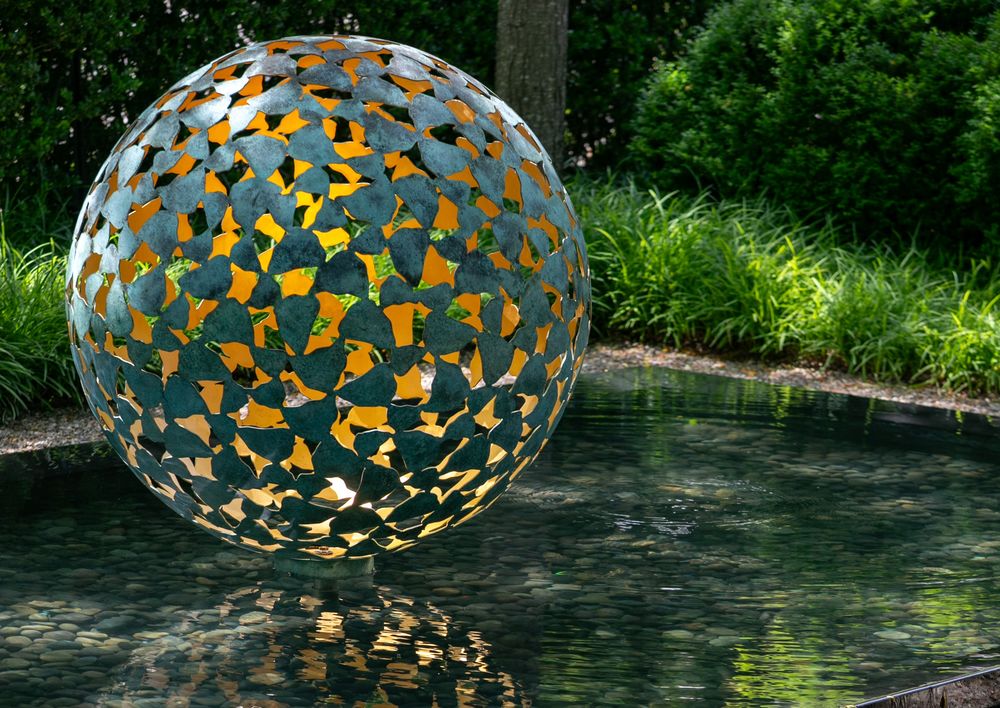
Mantle
A delicate latticework of hundreds of verdigris bronze petals, each with an underside gilded in 24-carat gold leaf, give these modern outdoor sculptures an ethereal glow.

Florio
Florio is a sculptural embodiment of plant growth. The elegantly curving copper flutes of each layer morph skyward, with the uppermost gilded flute exuding a warm, lustrous glow, referencing pollination and its crucial role in our ecosystem.
The magic of conversation
Whether you’ve decided on a piece, or you just want to sound out any aspect of our work, then please do get in touch.
